When bare-knuckle fighting meets real-life drama, the result often captures more attention than just the punches. At BKFC 81 in Manchester, the main event will feature Matt “The Jedi” Floyd—a former Australian bikie gang leader turned professional boxer—making his debut in the unforgiving world of bare-knuckle combat. Facing off against former boxing world champion James DeGale, Floyd steps into a new chapter, one that promises redemption, risk, and intensity. His life story reads like a gritty novel—marked by hardship, rebellion, and reinvention.
In this article, we’ll uncover Floyd’s life journey, explore how he transitioned from gang affiliations to boxing, map his fight record, and analyze what awaits him in Manchester’s headline bout.
Early Life & Troubled Beginnings
Matt Floyd was born in Adelaide, Australia, on March 22, 1989. Soon after birth, his family relocated to Perth, where he grew up in a rough environment. Floyd’s youth was marred by trauma and instability. He reported experiences of abuse and run-ins with the law from a very young age. By his own accounts, he faced juvenile detention before even entering adulthood.
These formative years shaped his mindset: he has said he built a man who feared nothing—a defense mechanism forged in pain and survival.
Floyd became a father while still a teenager. The responsibility accelerated his downward spiral. Struggling financially, he turned to unconventional work to make ends meet—including stripping—to provide for his child. Those early years were marked by survival rather than ambition.
In his early 20s, Floyd was arrested for illicit substance possession. That period in his life also brought him closer to gang culture. He joined the Lone Wolf bikie gang, a notorious club in Western Australia with a reputation for organized crime. He eventually rose through ranks to become a leader—sometimes even rumored to have held the title of president in local chapters.
Under Floyd’s leadership, the gang allegedly took justice into their own hands. He has claimed involvement in violent acts directed toward child abusers—including assaults on individuals who turned out to be law enforcement officers. These reckoning actions ultimately contributed to his downfall.
Imprisoned for a significant stretch, Floyd endured time behind bars. His sentence marked a turning point. Emerging from prison in 2018, he turned back to a long-held dream: fighting. He committed to boxing, leaving old affiliations, and focusing on creating a new identity.

Boxing Career & Rise
Floyd’s return from incarceration marked a radical shift. Rather than seeking retribution, he sought redemption. Somewhere in the crucible of his past, he cultivated raw boxing talent that had been sidelined. The fight world took notice.
He turned professional around 2021. In just a few years, he built a strong record: 15 wins against 2 losses, with 10 knockouts to his name. Notably, in his entire professional boxing career, he has never been knocked out—a badge of resilience and strength.
His two losses came from tough opponents in international settings—one in Bangkok. He later avenged one of those defeats in Turkey, showing not only power but capacity to improve and adapt. Most of his victories end early, demonstrating offensive aggression and finishing ability.
Despite fighting in the light heavyweight division, Floyd’s persona and narrative set him apart. He brands himself “The Jedi”—a nickname that nods to discipline, control, and mystique. His fighting style mixes power, grit, and the tenacity born from a life of struggle.
Heading into BKFC 81, Floyd is making his bare-knuckle debut against a formidable opponent: James DeGale, Olympic gold medalist and former world boxing champion. The matchup pits Floyd’s raw power and story arc against DeGale’s technical pedigree and legacy.
The Transition to Bare-Knuckle Fighting (BKFC)
Moving from gloved boxing to bare-knuckle combat is far from trivial. Floyd’s decision to compete in BKFC suggests a willingness to face more brutal combat environments, where protection is minimal and mistakes cost quickly.
Some key points in this transition:
-
Unarmed striking demand: Without gloves, strikes require precision and strategy. Power becomes sharper and defense must be tighter. Floyd’s knockout history speaks to his power—but impact and durability will be tested anew.
-
Damage absorption & conditioning: Bare-knuckle fights exacerbate damage to hands, forearms, and facial areas. Conditioning must shift to protect joints, brace bones, and guard against cuts.
-
Mental adaptation: Floyd is no stranger to violence or risk. But the psychological mindset in bare-knuckle—where each punch could be decisive—adds pressure.
-
Audience appeal & narrative: BKFC thrives on storylines. Floyd’s background as an ex-gang leader turned boxer fits the dramatic narrative that brings additional attention beyond just fighting skill.
In many ways, this is more than a fight—it's the next chapter in Floyd’s reinvention.
Press Conference Sparks & Narrative Building
During the final press conference ahead of the fight, words flew. Floyd took an aggressive stance, declaring the bout would feel like an ambush. He derided DeGale’s willingness to fight him, saying the champion would regret stepping into his world. He adopted the rhetoric of a warrior moving from shadows into light.
DeGale, for his part, signaled that this wouldn’t be a casual transition. He emphasized his preparation for a brutal, ungloved contest, vowing he had covered all angles. He aimed to treat it with seriousness, not spectacle.
Floyd’s comments suggest confidence, danger, and a fierce determination to shock the status quo. Whether loud words match performance is what fans will watch closely.

Risks, Expectations & What’s at Stake
Floyd’s bold narrative comes with huge expectations and hazards alike:
-
Injury & damage risk: Bare-knuckle fighting is inherently more punishing. Every blow has a higher cost. Floyd must maintain durability and smart fight IQ.
-
Technology vs tradition: While Floyd has boxing experience, using it effectively under BKFC rules and in a different pace environment will challenge him.
-
Public scrutiny & redemption arc: His past is no secret. His redemption story introduces more attention; any misstep could derail the narrative.
-
High-pressure debut: Facing a decorated opponent in his first bare-knuckle fight ups the stakes. A loss may prompt questions rather than admiration.
Still, should Floyd win or perform impressively, he can rewrite expectations—moving from a controversial past to a potent contender in bare-knuckle circles.
Fan Reaction & Media Buzz
Among fight fans and media, reactions have ranged from skepticism to intrigue. Some view Floyd’s story as a second chance narrative — boxing’s version of the redemption saga. Others caution that notoriety and past transgression do not guarantee success or acceptance in the sport.
Social media has buzzed over his nickname, “The Jedi,” his gangster-to-fighter shift, and the audacity of headlining a Manchester event. The matchup against DeGale is already being framed as a clash of worlds—legendary boxer vs. emergent wild card.
Fans are particularly curious to see how his second life holds up under actual pressure. The event narrative speaks to more than sport—it carries themes of transformation, redemption, and risk.
What to Watch in Manchester
When Floyd and DeGale touch gloves, several key battle lines will define the bout:
-
Opening assault & pace
Floyd may push aggressive early tempo, trying to overwhelm DeGale before he settles into range. -
Defense & recovery
DeGale’s technical experience might enable him to absorb attacks and capitalize on counters. Floyd’s resilience will be tested. -
Damage accumulation
With no gloves, repetitive strikes to hands or nose can change outcomes quickly. Floyd must manage durability. -
Mind games & narrative weight
Floyd’s taunts and approach may rattle DeGale mentally. Whether that shakes the veteran is part of the drama.
If Floyd survives, his star potential rises. If he falters, critics will say the gamble was too high.
Matt “The Jedi” Floyd headlines BKFC 81 not just as a fighter, but as an emblem of reinvention. From his troubled youth, gang leadership, incarceration, and boxing resurgence, he carries a narrative charged with redemption and audacity. Now stepping into bare-knuckle combat against a celebrated champion, Floyd is wagering his legacy on one fight.
His story transcends the ring. It’s a tale of survival, transformation, and ambition. Whether he triumphs or it ends in heartbreak, this fight will remain a major pivot in his life story—and a benchmark for anyone rising from darkness into the spotlight.

 Vietnamese
Vietnamese


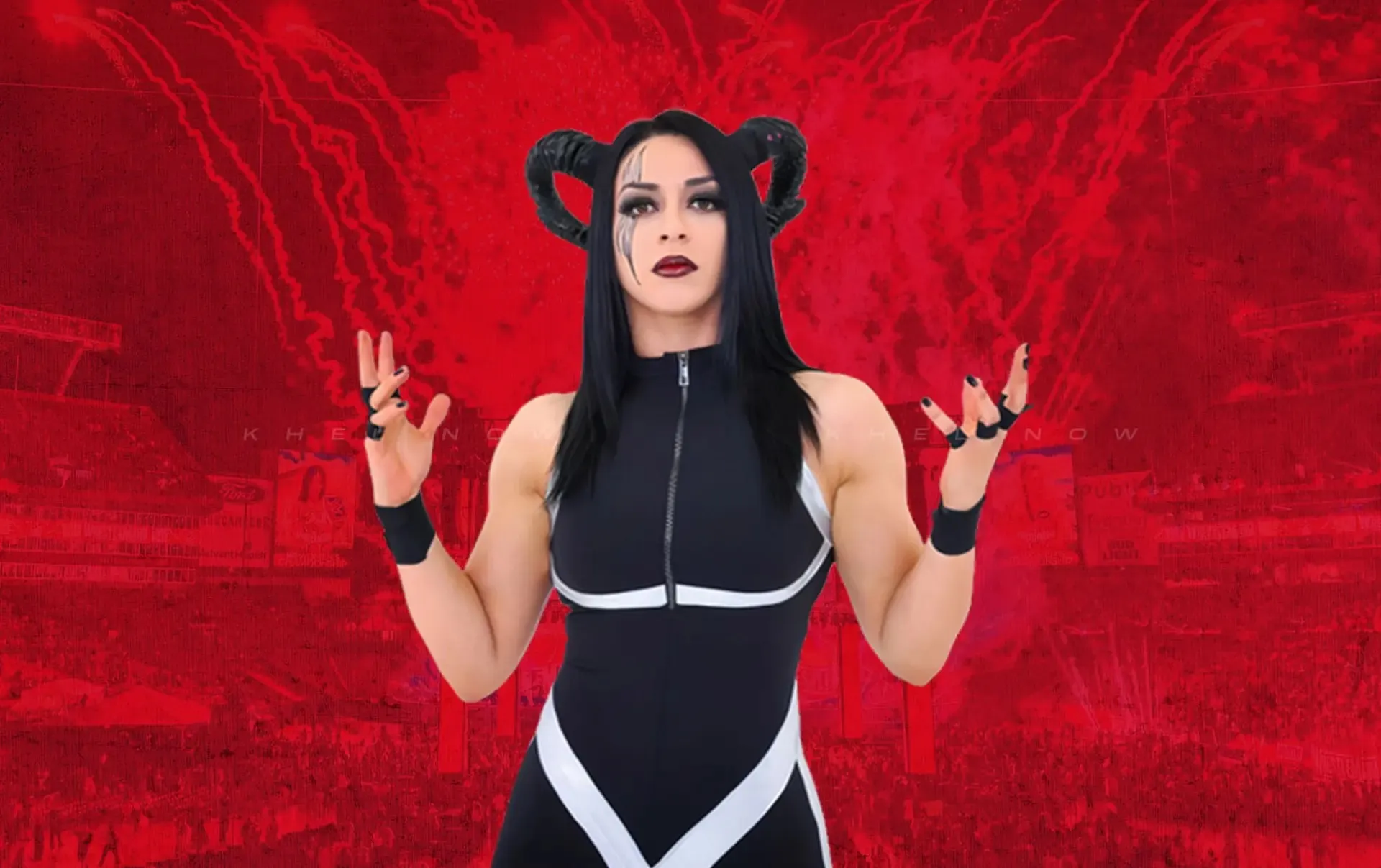

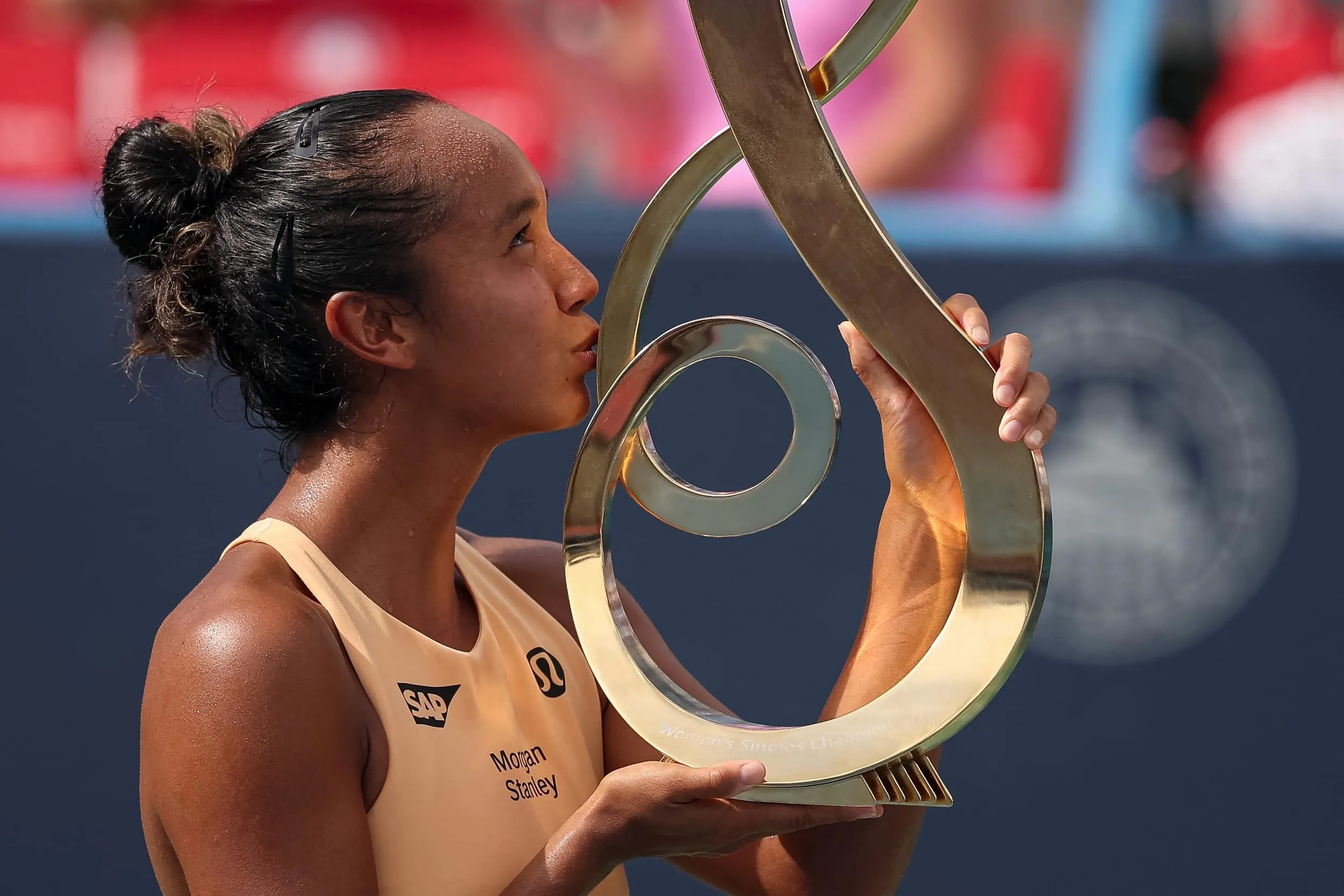

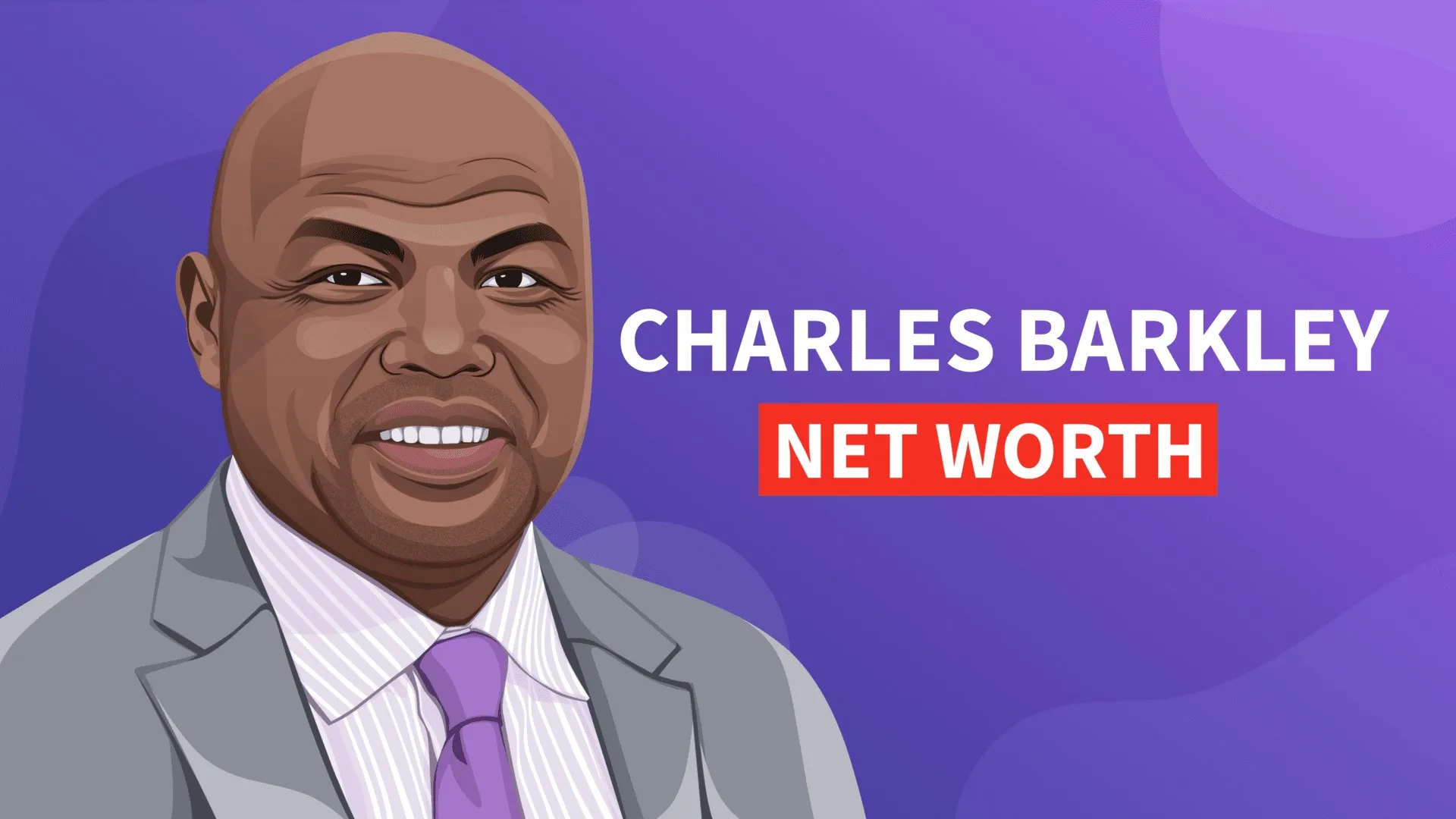
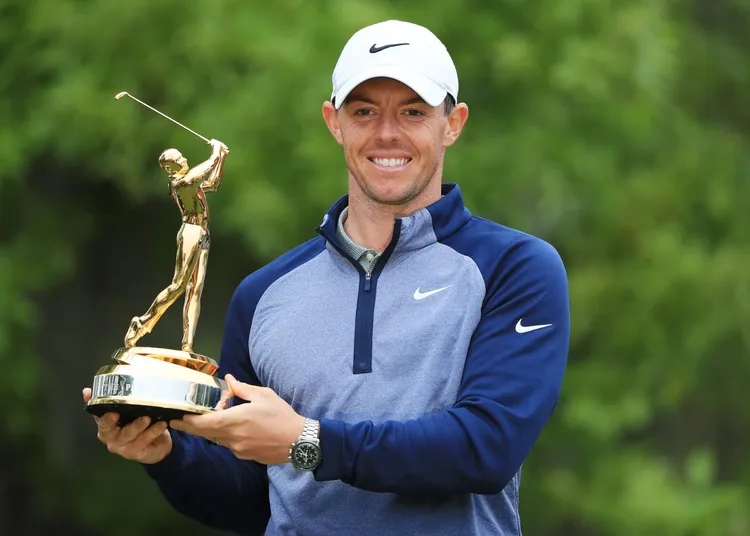
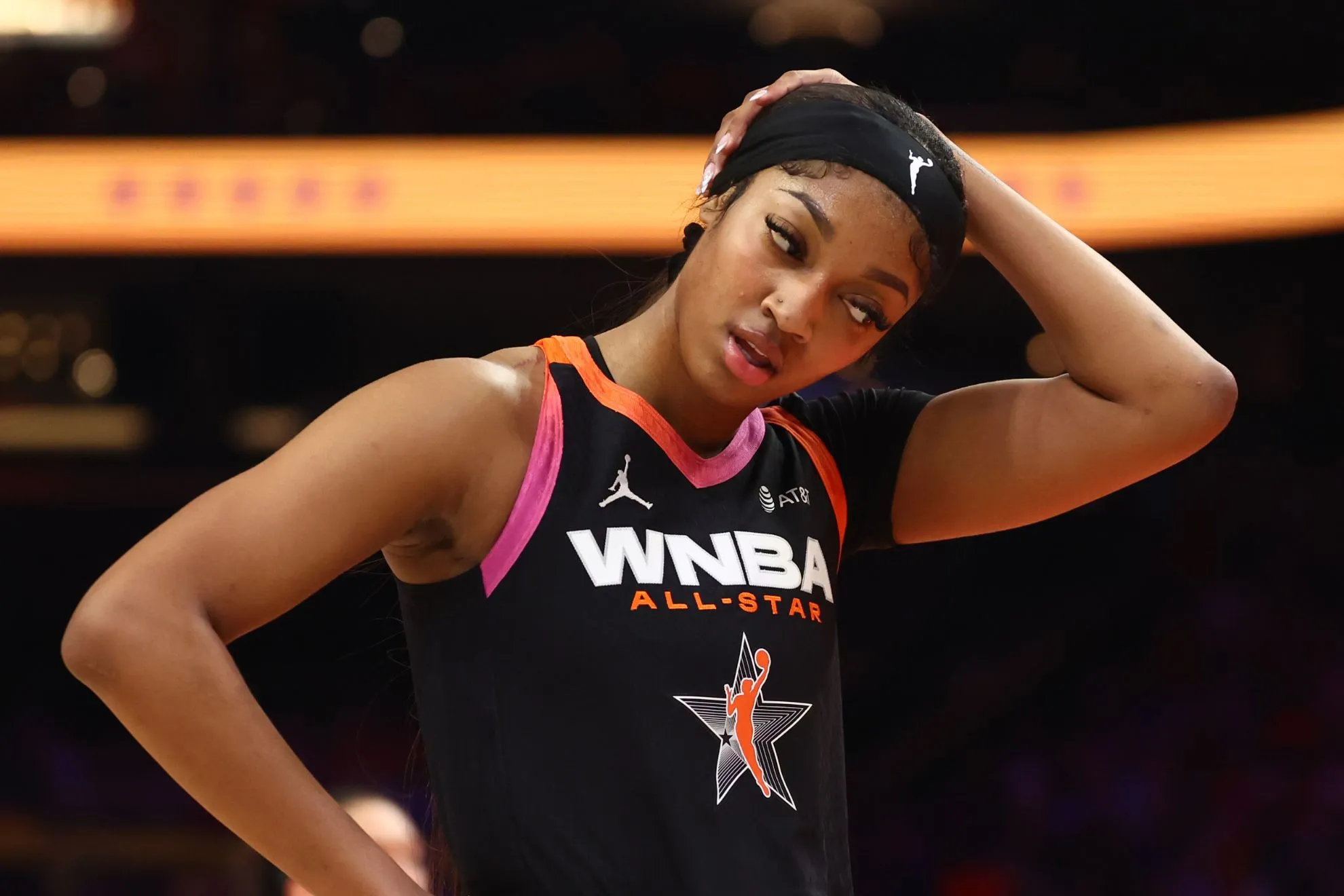
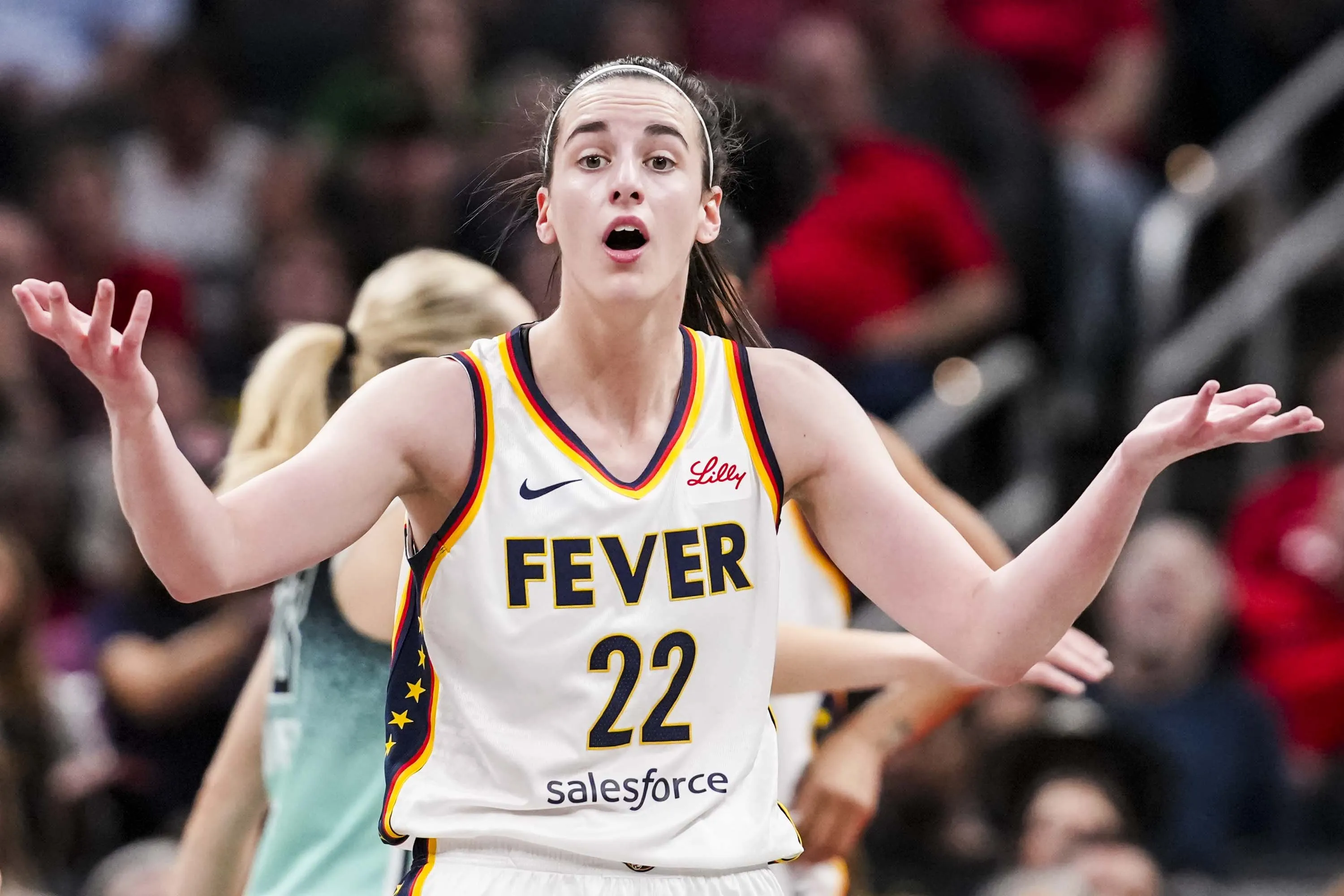
Nguyen Hoai Thanh
Nguyen Hoai Thanh is the Founder and CEO of Metaconex. With 12 years of experience in developing websites, applications and digital media, Nguyen Hoai Thanh has many stories and experiences of success to share.